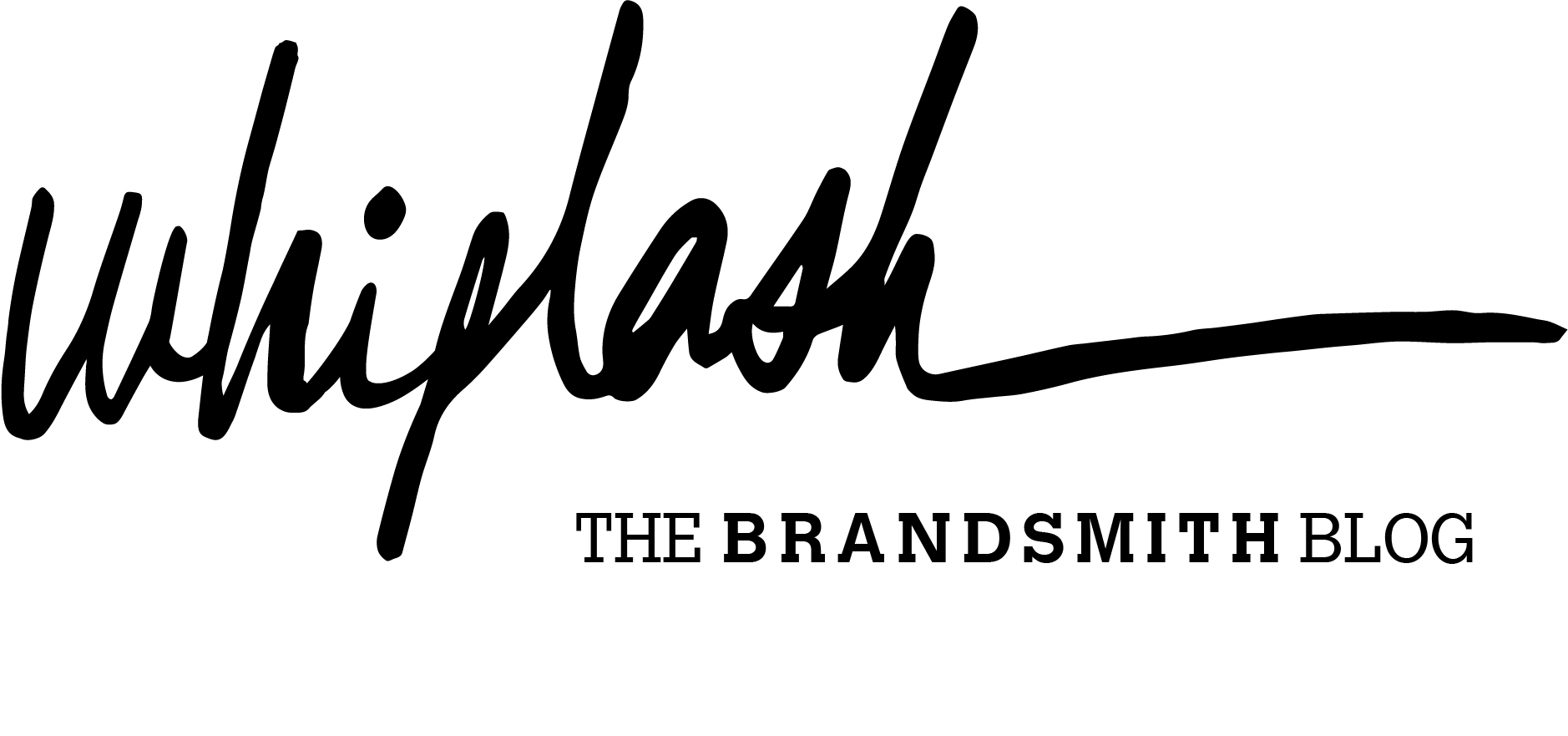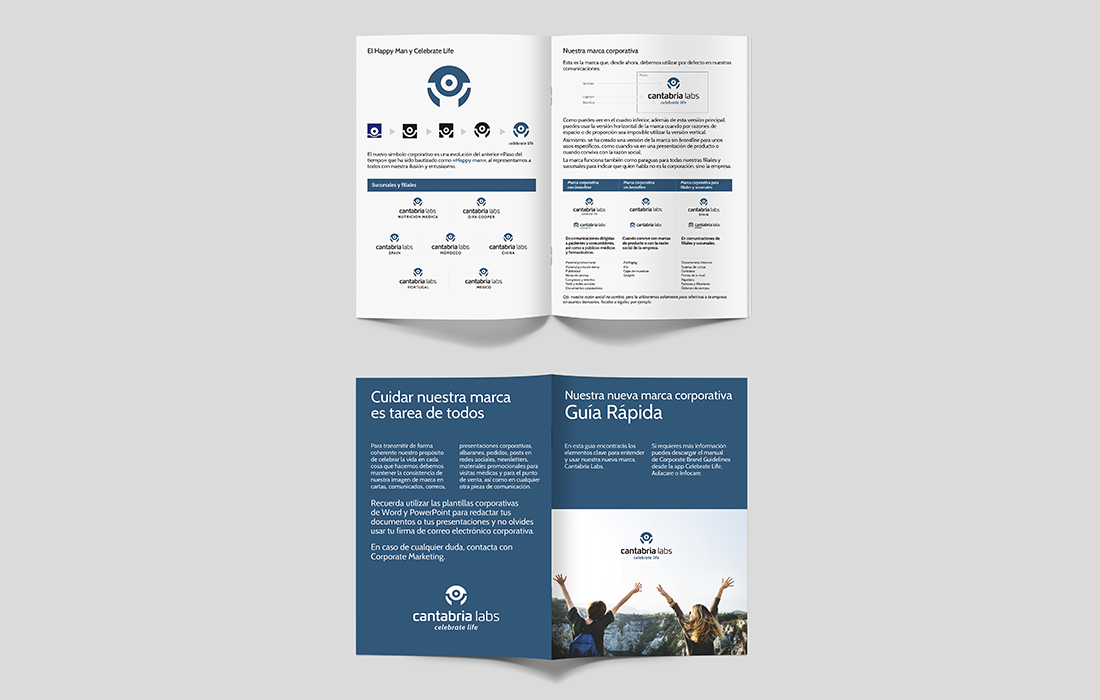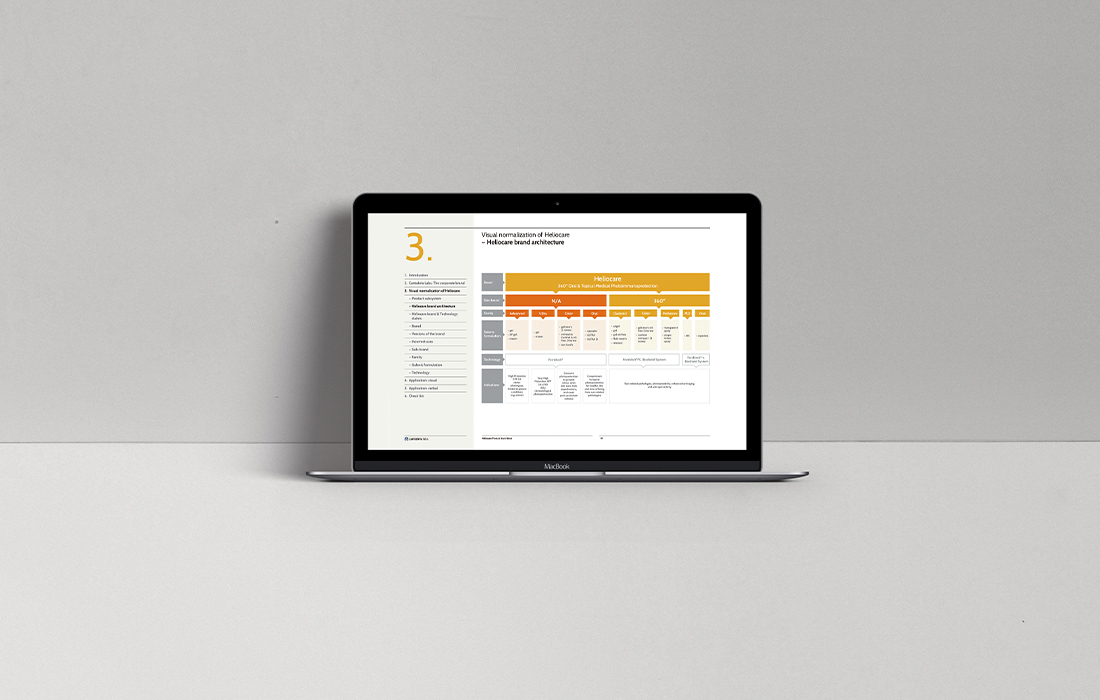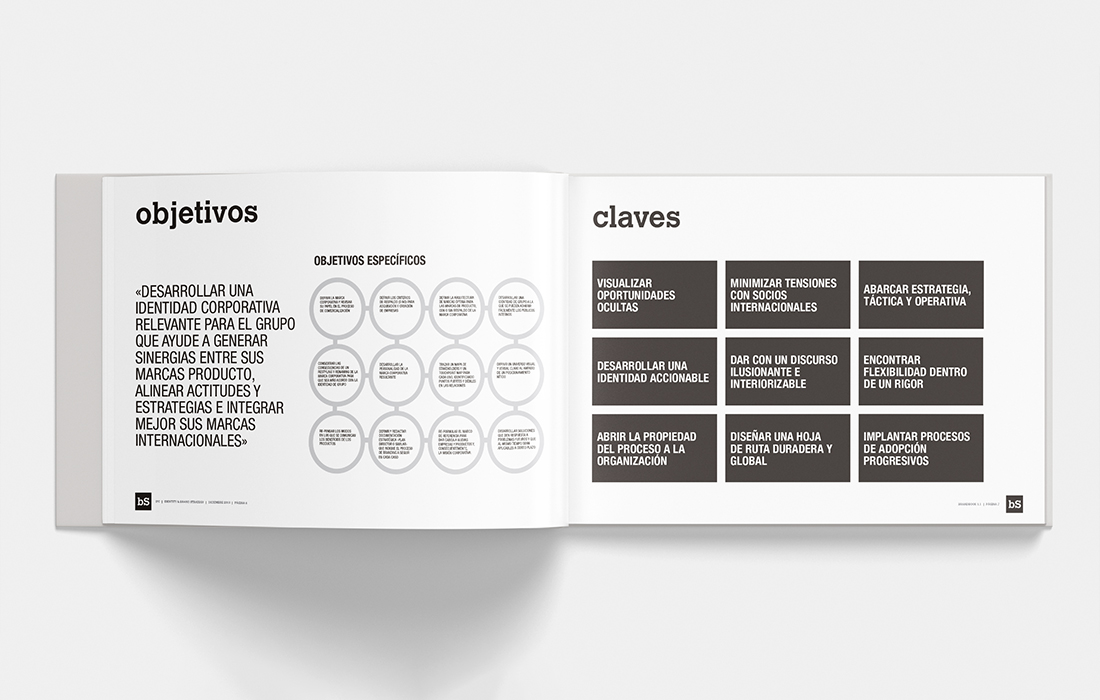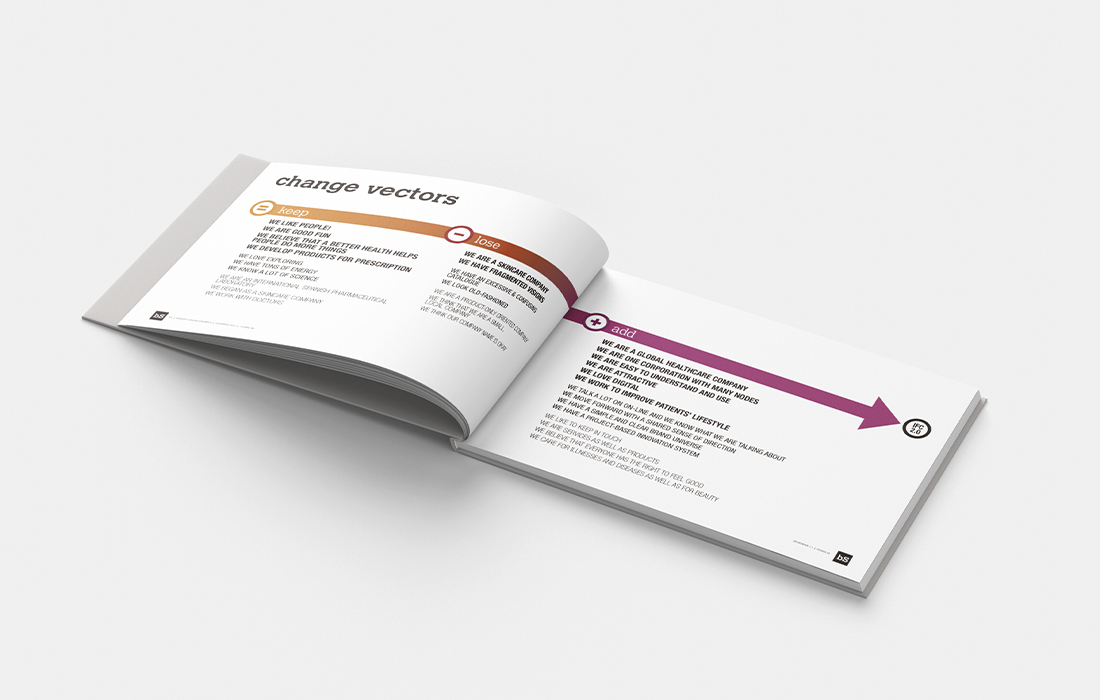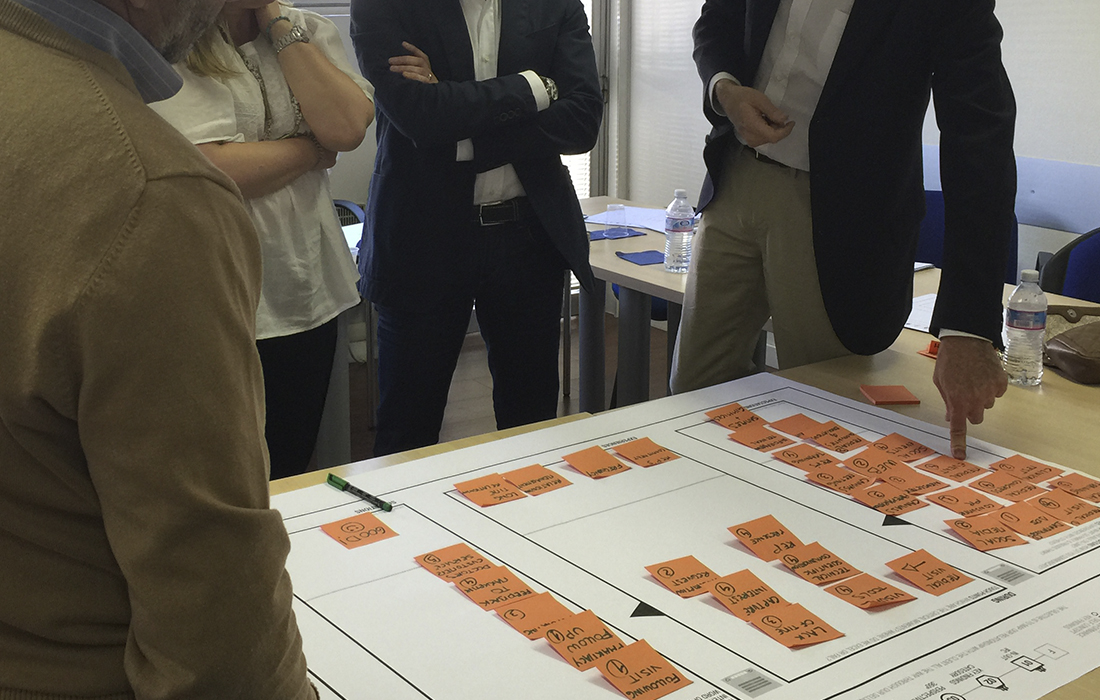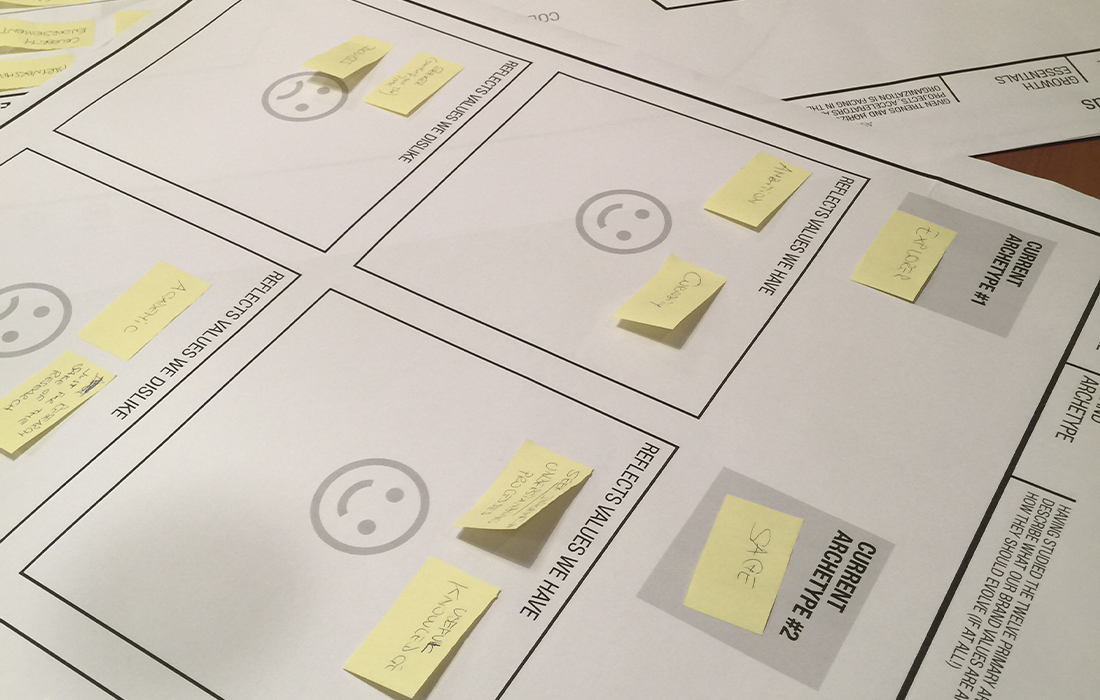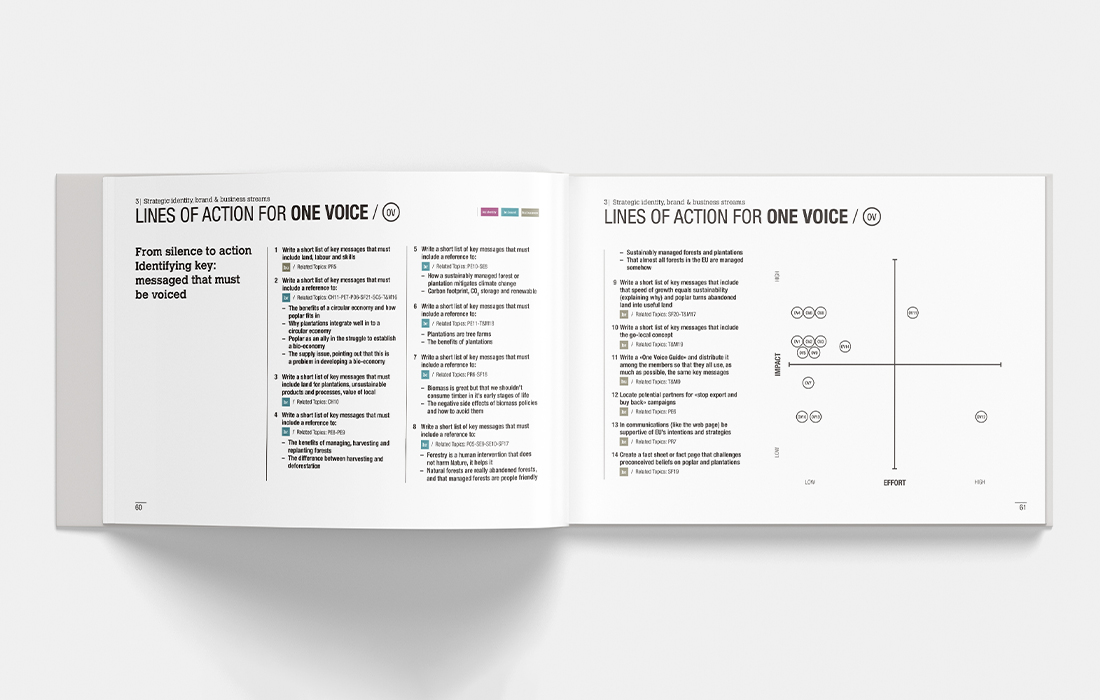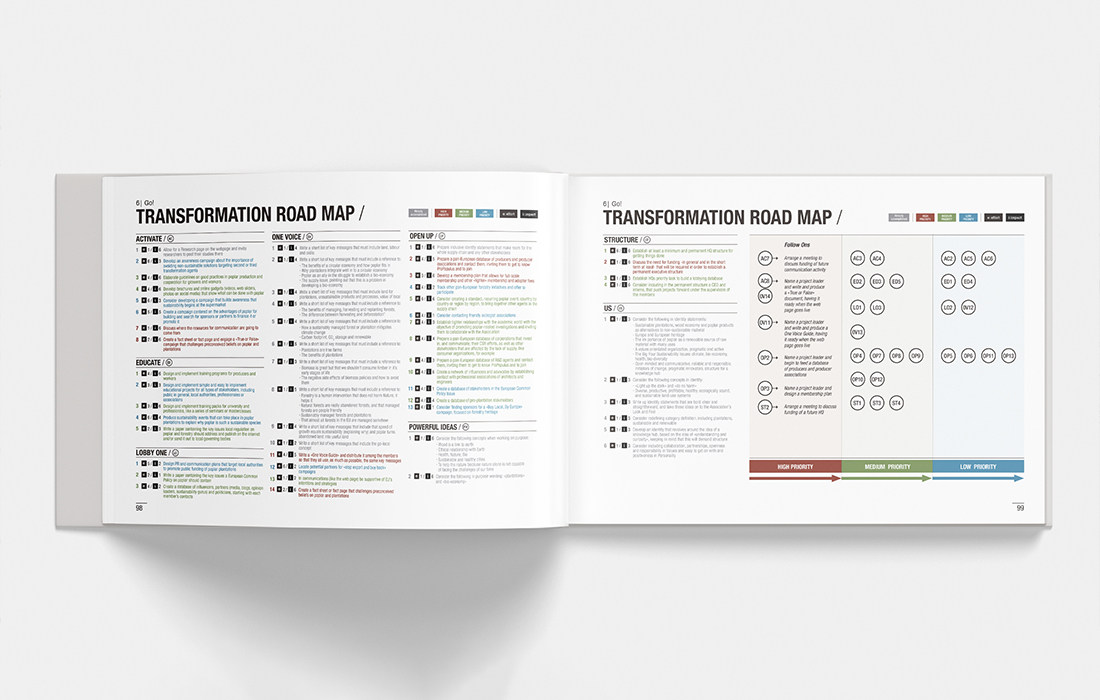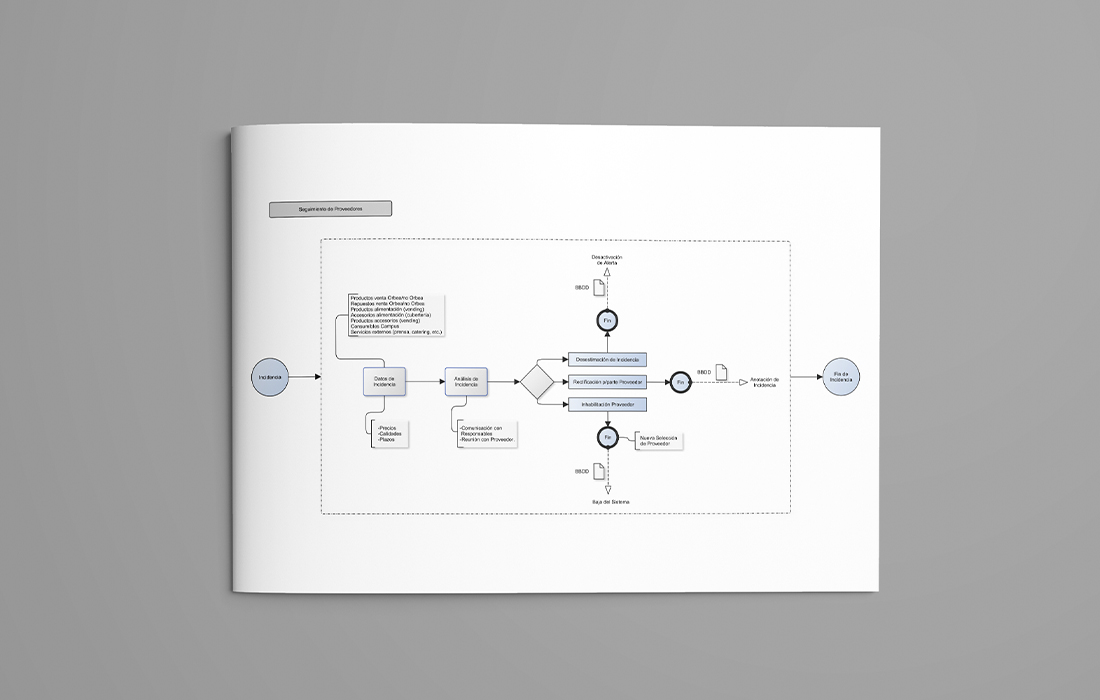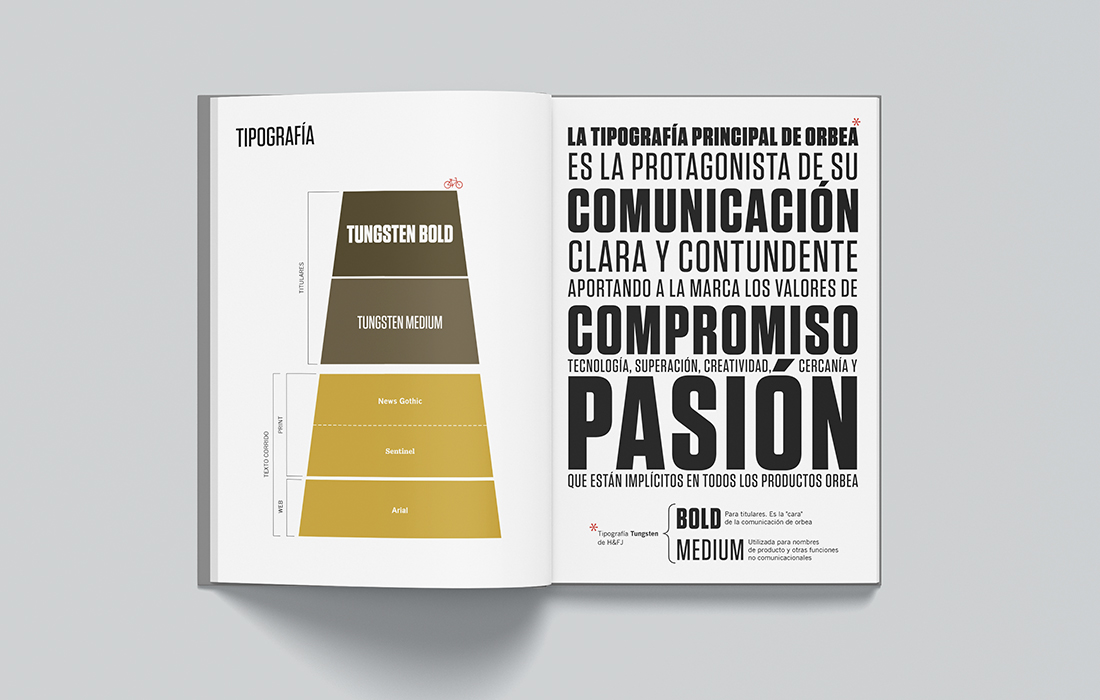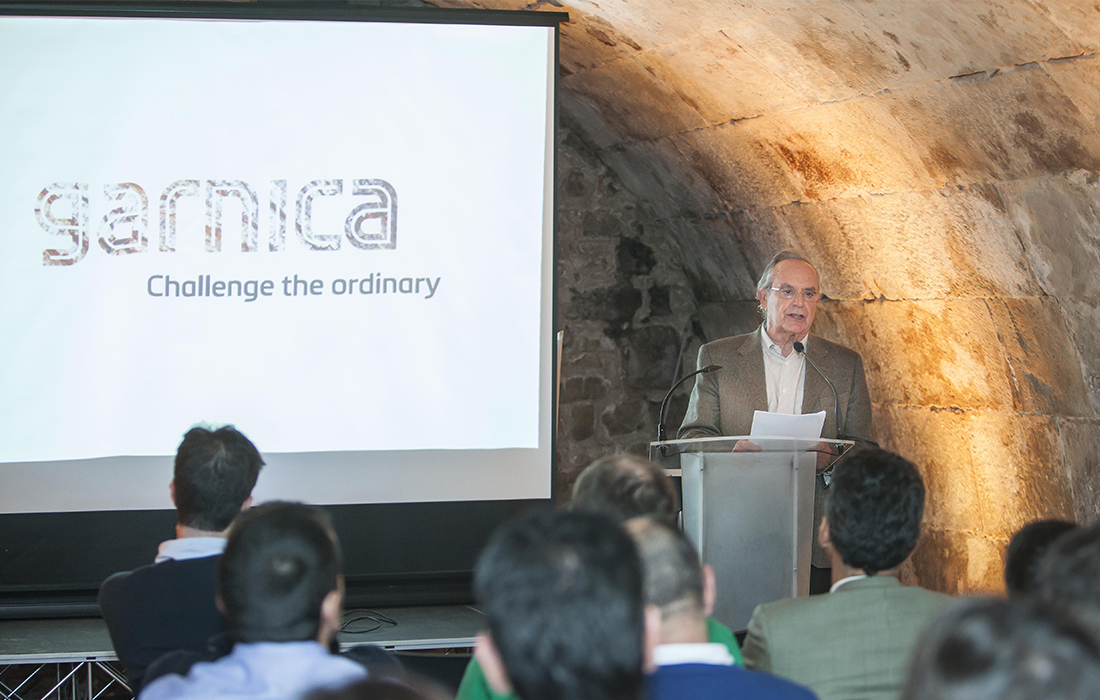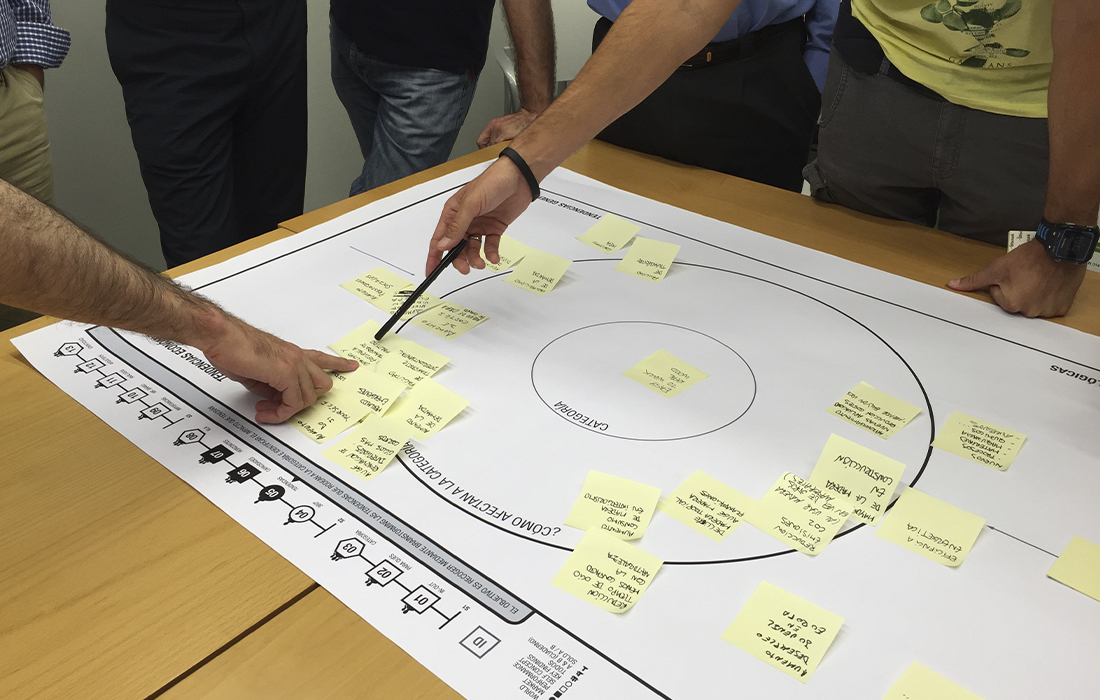
01 Nov The new generation of consumers demand more transparency from brands
Whiplash Team, November 1st 2019
The new generation of consumers demand more transparency from brands
As the first representatives of Generation Z join the consumer and labour market –in Spain some seven million people–, Millennials become less relevant and organizations prepare to adapt to these digital natives’ aspirations and expectations. Aware as they are of climate change and the need to build a more responsible relationship with the planet, Gen Z demands from brands a more proactive attitude towards sustainability, not only in environmental terms but also economic and social.
Brands, on the other hand, face the challenge of being more transparent than ever because, in a hyperconnected world in which they are in their element, this generation is the best informed in history and also the one with the most means to control and monitor what organizations do and to hold them accountable for it. The good news according to the recent study “Generation Z: the last generational jump”, carried out by Deusto Business School and Atrevia, is that the market is reacting positively and many organizations are already taking recycling, for example, into their daily operations to produce packaging through to T-shirts.
The report also notes that this generational group has completely digitized their relationships. For them Internet and social networks are their way of moving around the world. It is also the e-commerce generation, and 92% of the 600 young people who participated in the study carried out by Deusto and Atrevia say that Internet is their main means to get information on the brands and products that they consume.
However, this reality also feeds their contradictions: although, in terms of principles they are a more responsible generation than others –for the first time ever, the environment and social justice appear as determining factors in the purchase decision–, they also are native in digital commerce and they are in fact a “very consumerist” generation. Today, it is easier to buy, and prices are very low. As Iñaki Ortega, director of Deusto Business School and one the researchers in the mentioned study said recently in an interview, “Gen Z has lived the peak of ‘Fast Fashion’”.
Although their attitude towards consumption clashes head-on with their commitment to the environment or with concepts such as circular economy, the market seems to understand that the trend towards a more responsible and careful consumption has come to stay. Brands such as Amazon, Danone, L’Oreal, Nestlé or Unilever, just to name those listed by the Global Web Index, are an example of those with initiatives that incorporate sustainable practices in their day-to-day activities.
Because even though what they say and what they do, does not always match, Generation Z in effect has a more committed position with the world. This reality forces the market to be more transparent. Millennials have already shown a marked aversion to opacity however, this generation takes it a step further and requires companies to get involved and have a clear purpose towards society.
The challenge for brands in their quest to conquer the new generation of consumers is clear. They must make their purpose, their reason to be, really transcend and connect with the aspirations and demands of young people who aspire to have the possibility of a future.

